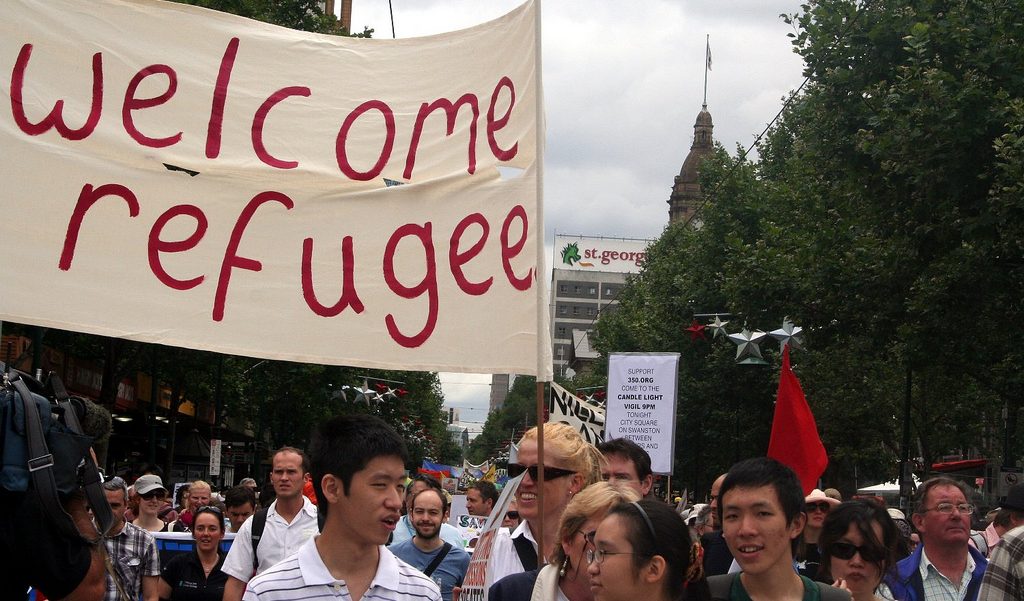According to the UN, there are currently 68.5 million people worldwide who have been forcibly displaced by conflict. In this context, refugee resettlement represents a highly contentious and polarizing challenge around the world. A key concern is how refugees can harmoniously integrate in settlement countries and cultivate beliefs and attitudes that reduce violence. Given the current refugee crisis in Europe, as well as debates concerning the southern border of the US, policies and practices related to the peaceful integration of refugee populations have significant and lasting implications.
A recent large-scale survey study of ex-Yugoslavians resettled in Sweden examined whether integration in the Swedish culture decreased support for conflict-driving beliefs. The survey asked about the extent to which these refugees identify with their ethnic/national heritage and resettlement country, and how socioeconomically assimilated they are in Sweden. The findings show that migrants who foster a more complex identity by both maintaining their homeland identities and nurturing new attachments are the least likely to hold violence-promoting attitudes towards out-groups. Those who maintain their national heritage as part of a new, blended identity expressed the greatest optimism towards the possibility of peace in their home nations. Finally, the study also found that socioeconomic assimilation— in the form of increased access to financial and social resources— further decreased intergroup bias.
Rising nationalism has increased pressure for refugees to leave behind their ethnic/national heritage and fully assimilate into their resettlement countries. However, this study adds to the growing body of research that contradicts this sentiment by linking more complex social identities with reduced intergroup bias and greater tolerance for different perspectives. This means multicultural policies supporting refugees in maintaining their cultural heritages could reduce intergroup biases and promote beliefs in peaceful co-existence. Furthermore, policy makers would be wise to consider findings that suggest socioeconomically integrated refugees have more positive intergroup attitudes. In practice, such policies could have the positive effect of reducing the polarized thinking that contributes to extreme views of us vs. them, good vs. evil and promote a more peaceful coexistence.
Hall, J. (2018). Integration of refugees and support for the ethos of conflict. Journal of Conflict Resolution, 62(9), 2040-2067.
Photo Credit: Takver. This work is licensed under a Attribution-ShareAlike 2.0 Generic License (CC BY-SA 2.0)
